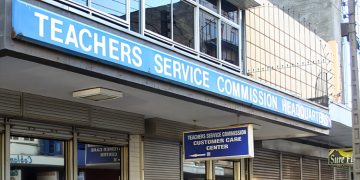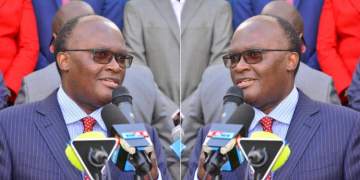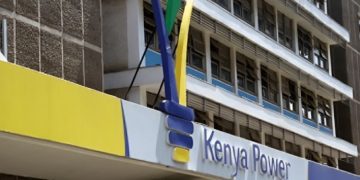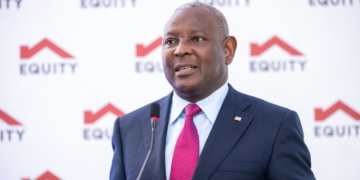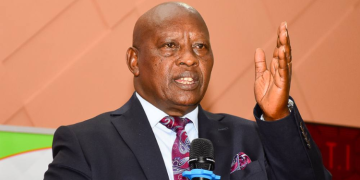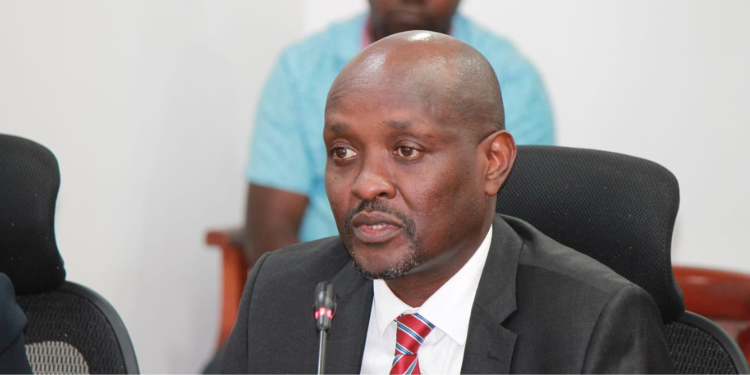The Higher Education Loans Board (HELB) has raised concerns about the increasing number of beneficiaries who have failed to repay their loans, even after completing their higher education and securing employment.
Speaking before the National Assembly’s Public Investments Committee on Governance and Education, HELB CEO Geoffrey Monari revealed plans aimed at improving the board’s finances through a concerted loan recovery effort.
According to Monari, the board’s ballooning portfolio is at risk due to widespread default by past beneficiaries. Thus, HELB is in the process of partnering with law enforcement agencies to track graduates, both local and abroad, who are gainfully employed but have not begun servicing their loans.
“This is not just about finance, It’s about fostering a sense of responsibility and patriotism among those who have benefited from the fund. Compliance ensures we can support future generations from needy backgrounds,” Monari said
However, the committee members further challenged the HELB to not only track the defaulters but also to intensify efforts in community outreach through advertising, showcasing real-life testimonials from beneficiaries, and pursuing external resource mobilisation beyond government capitalisation.
HELB Issuing a Notice to Defaulters
HELB has issued several notices as reminders to beneficiaries to clear outstanding loans, to the extent of threatening to publish names and photos of defaulters from 1975 onward and pursue legal action.
On April 25, 2025, Education CS Julius Ogamba informed parliament that Kenya Medical Training College (KMTC) students were not receiving regular HELB funding due to budget constraints.
Also Read: Why Your Choice of University Matters Under New University Funding Model
The CS further explained that HELB’s budget for 2024/25 was Ksh84.5 billion against a required Ksh138.5 billion, creating a significant deficit. KMTC students had previously received Ksh1.2 billion in 2022/23 through the Ministry of Health and Ksh468 million from USAID between 2014 and 2019, but the funding then was limited to institutions under the Ministry of Education.
Jomo Kenyatta Foundation in Loss
In addition, members of the Public Investments Committee questioned Jomo Kenyatta Foundation (JKF) Managing Director David Mwaniki who disclosed that policy changes have weakened its cash flow, resulting in negative working capital and the erosion of the organization’s net worth.
In response, Jomo Kenyatta Foundation has formally sought financial intervention from the Ministry of Education to settle pressing liabilities, as communicated in their letter ref: Moe.Conf/G11/2/2/Vol.III (34).
Also Read: How to Appeal HELB Loans and Scholarships for Unsatisfied Students
The foundation reported a net loss of Ksh286.6 million and cumulative losses exceeding Ksh592 million.
The foundation’s financial health has deteriorated largely due to unfavorable shifts in government policy on book procurement.
In addition, the MPs resolved to summon the Cabinet Secretary for education to provide a comprehensive blueprint addressing the challenges faced by both institutions.
About HELB
The Higher Education Loans Board(HELB) is a government institution in Kenya established to offer financial assistance in the form of loans and bursaries to eligible kenyans students pursuing higher education in recognized universities as well as technical and vocational education and training (TVET) institutions, to ease the burden of tuition fees, accommodation, and other related expenses, while promoting equitable access to education and requiring beneficiaries to repay the Loan upon completion of their studies or once they secure employment.
Follow our WhatsApp Channel and X Account for real-time news updates.




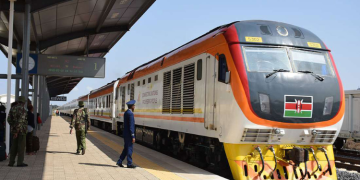

![Court Suspends Sections Of The Computer Misuse And Cybercrimes Act President Ruto Address During Mashujaa Day And How He Honored Raila [Full Text Speech]](https://thekenyatimescdn-ese7d3e7ghdnbfa9.z01.azurefd.net/prodimages/uploads/2025/10/ruto-mashujaa-address-360x180.jpg)
